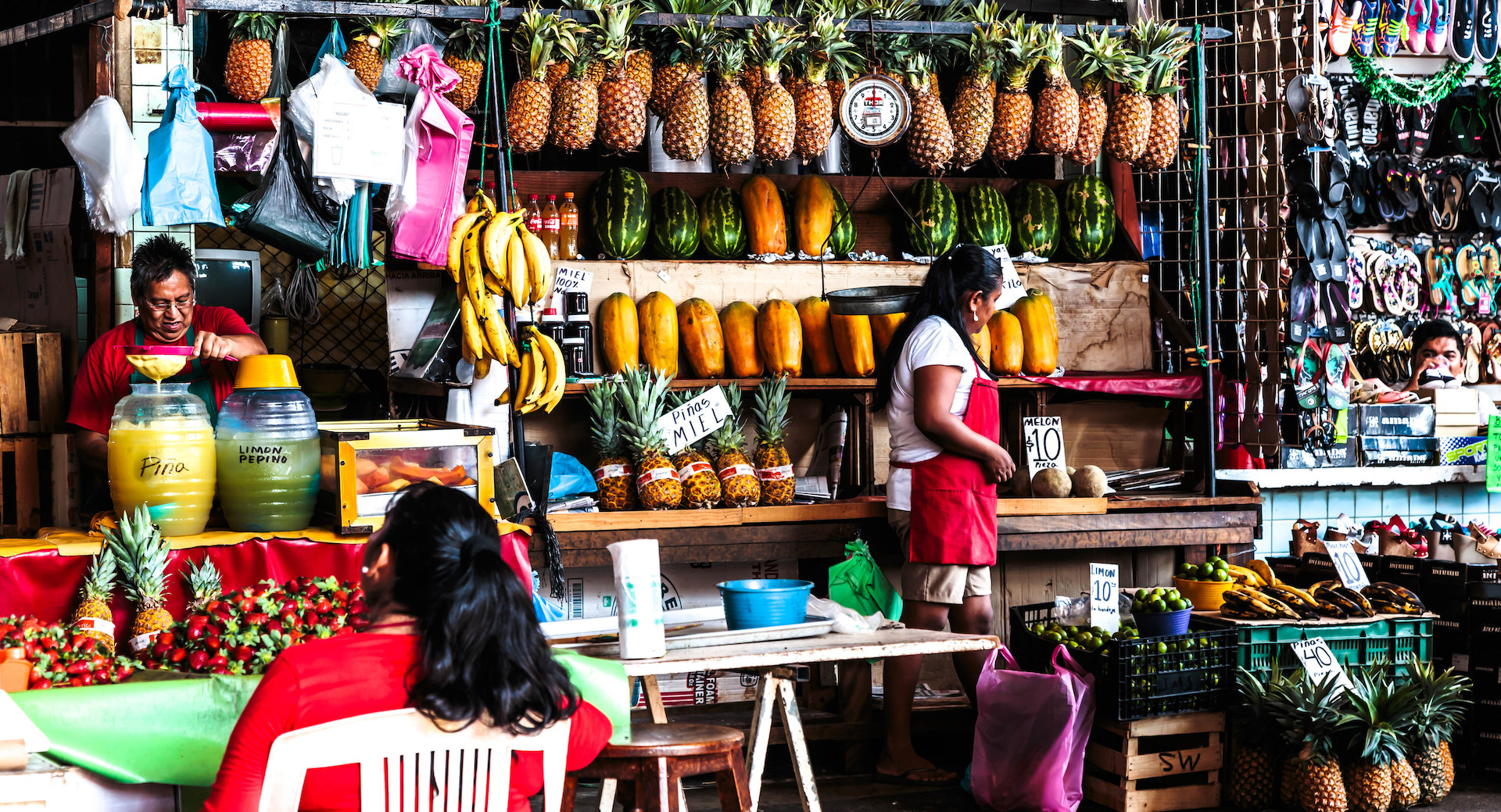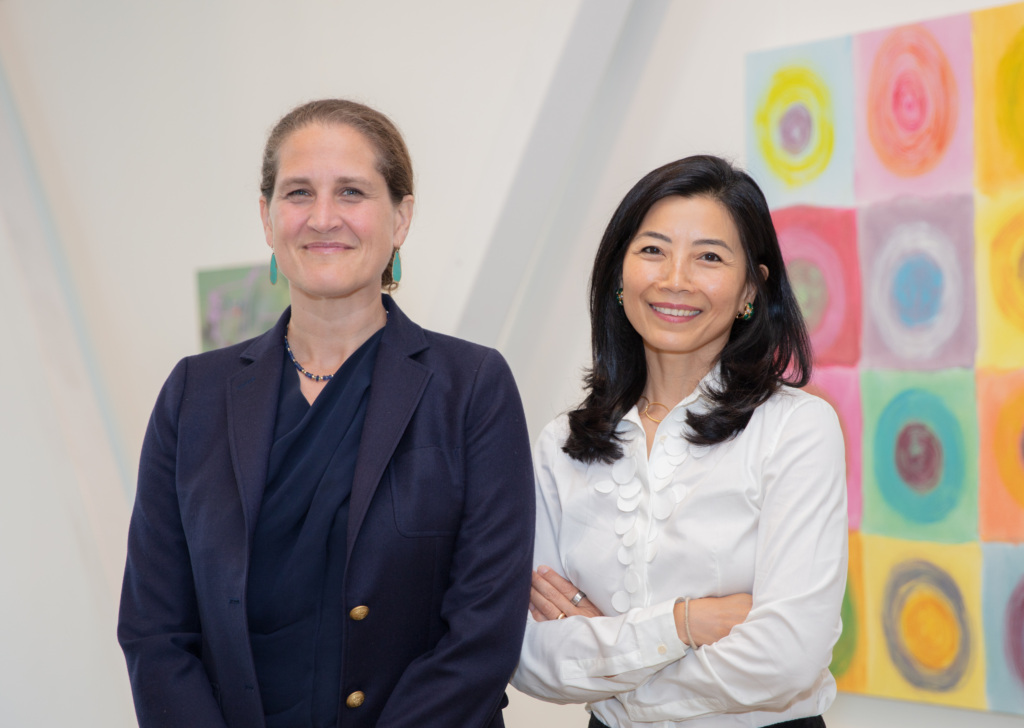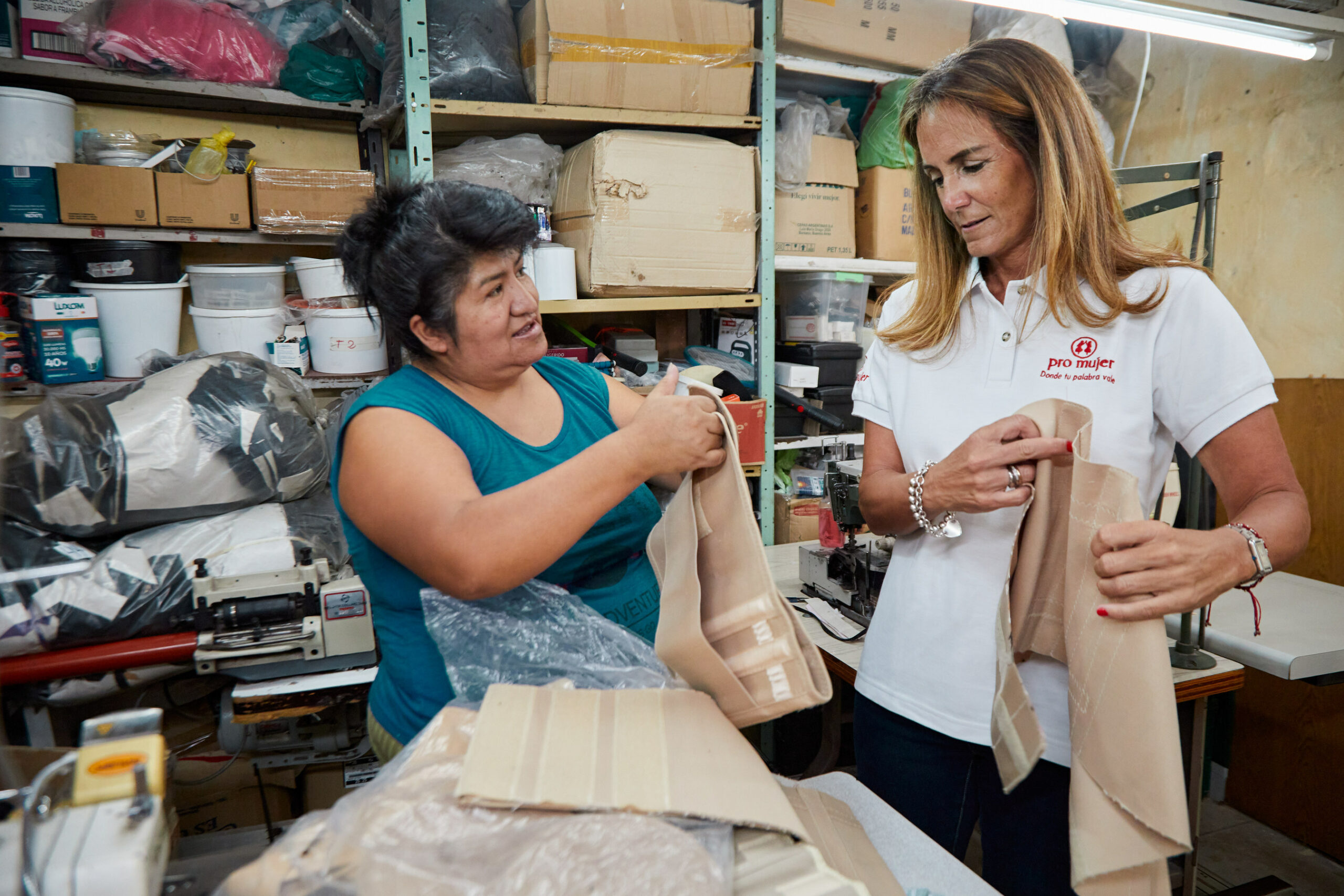ImpactAlpha, November 16 – South Africa’s Black-owned businesses were systematically shut out of economic opportunities under the country’s racist aparthied regime. Now, even with policies in place meant to rectify past injustices, Black businesses continue to be disadvantaged by lack of access to financing, resources and markets.
“Less than 10% of government spending is buying from small, emergent businesses,” explains South African entrepreneur Luyanda Jafta. A key reason: many Black businesses that bid on government tenders don’t have the upfront cash to fulfill them.
Jafta founded The People’s Fund to provide Black business owners with purchase-order financing so they can take on such contracts. Its approach: borrowing from “the crowd” to lend under profit-sharing agreements, rather than interest.
‘Boring’ business finance
The People’s Fund was inspired by a “trip” Jafta took (not the vacation kind) in which he envisioned a future of decentralized power, “where smaller communities build their world together—everything is collaborative,” he tells ImpactAlpha. “I woke up the morning after and was like, ‘I’m gonna start a crowdfunding platform.’”
In 2017, he seeded The People’s Fund with 3,000 South African rand (then about $225) and launched it as an asset-financing platform. The venture raised and loaned 1.2 million rand in its first year.
But businesses didn’t want to buy hard assets. “They told us, ‘I’ve got a business running, I’ve got an order—from a corporation or from government, mostly—but I don’t have the capital to execute,’” says Jafta. “I thought, ‘Why aren’t banks paying for this?’”
Shifting to purchase-order financing, The People’s Fund doubled its lending volume in its second year. This past year, it loaned out more than 150 million rand. Most of the capital it raises comes from about 120 larger investors, who invest 100,000 rand or more. Several thousand others have invested between 100 to 10,000 rand.
The People’s Fund has supported more than 2,000 businesses in total. Most are in somewhat “boring” lines of business, like supplying electronics to the national utility.
“The real work of society is never exciting,” Jafta says.
Revenues not rounds
A number of new financial services firms are focused on helping small businesses manage cash flow and grow revenues, rather than bringing on outside investors. Nairobi-based Powered by People and Heva Fund provide purchase-order financing to small-scale artisans and creatives. Sokowatch, also in Nairobi, provides small lines of credit for shopkeepers to stock inventory. Field Intelligence offers inventory financing to Africa’s mom and pop pharmacies. Boston Ujima Fund helps portfolio companies connect to large local and regional buyers. Weel in Brazil (now part of neobank BS2) offers small businesses cash flow loans. U.S.-based Crowz allows businesses to raise working capital by auctioning their invoices.
For The People’s Fund, the bigger goal is putting community and relationships back into South Africa’s financial system.
“We argue about the financial system being exclusionary to the majority of South Africans. It can’t not be,” he says. “Most financial institutions in South Africa use Euro-centric financial models.”
The problem with that, he explains, is the excessively transactional nature of the system. “Human interaction moved away from kinship and into contracts, and that just doesn’t gel with the South African market.”
The People’s Fund’s model of raising from the crowd is loosely modeled on community savings and lending circles, which are common in many communities across Africa and beyond.
“We’re taking African-centric solutions to create a new financial model,” Jafta says. “I think the biggest, loudest thing that The People’s Fund will be remembered for is allowing Blackness to be itself – saying, ‘You don’t need to conform. Come as you are.’”











